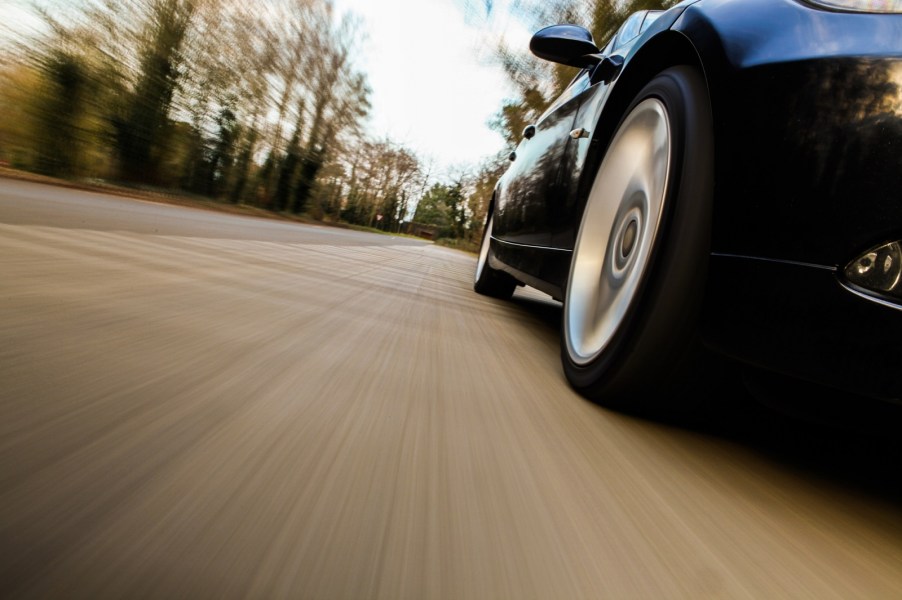
Allstate Names 4 U.S. Cities With the Riskiest Drivers
Today, auto insurance provider Allstate released data reflecting the safest and riskiest drivers in the U.S. For the first time in 16 years, Allstate America’s Best Drivers Report used mobility data acquired through policyholders and its analytics partner, Arity. The study includes a list of 100 U.S. cities and how each ranks for “risky” driving habits. Let’s review its findings.
Where do drivers handle their phones the most?
The report defines “phone handling” as a customer using their smartphone while a trip is in progress. According to Allstate, drivers in Providence, Rhode Island, use their cell phones the most while operating their cars. Springfield, Massachusetts, is next, with McAllen, Texas, in third place.
Who “hard brakes” the most?
The insurance company defined hard braking as a customer decelerating more than 7 mph per second. Allstate’s data shows drivers in Bakersfield, California, hard brake more than the 99 other U.S. cities included in the study. Murrieta, Temecula, and Menifee in Southern California share second place. Fresno, California, placed third.
Where do people often drive at a high speed?
The Best Drivers Report considers “high-speed driving” operating a car at 80 mph or more. The data shows that folks in Port St. Lucie, Florida, clock 80 mph-plus more than drivers in any of the other cities. Palm Bay and Melbourne, FL, take second place here. Provo and Orem, Utah, get third.
Here’s where the overall “riskiest” drivers are
Allstate says that Albuquerque, New Mexico, has the riskiest drivers overall. It had the highest average score across three “risky” driving habits in the entire study.
Interestingly, the report concluded that customers enrolled in “Drivewise,” Allstate’s safe-driving app that provides feedback on driver behavior, are 25% less likely to be involved in a serious collision. This could be a chicken-or-egg situation, in my mind. I think we can assume drivers who enroll in an optional monitoring program are more risk-averse. However, like any other area, being monitored tends to increase personal accountability, no?



